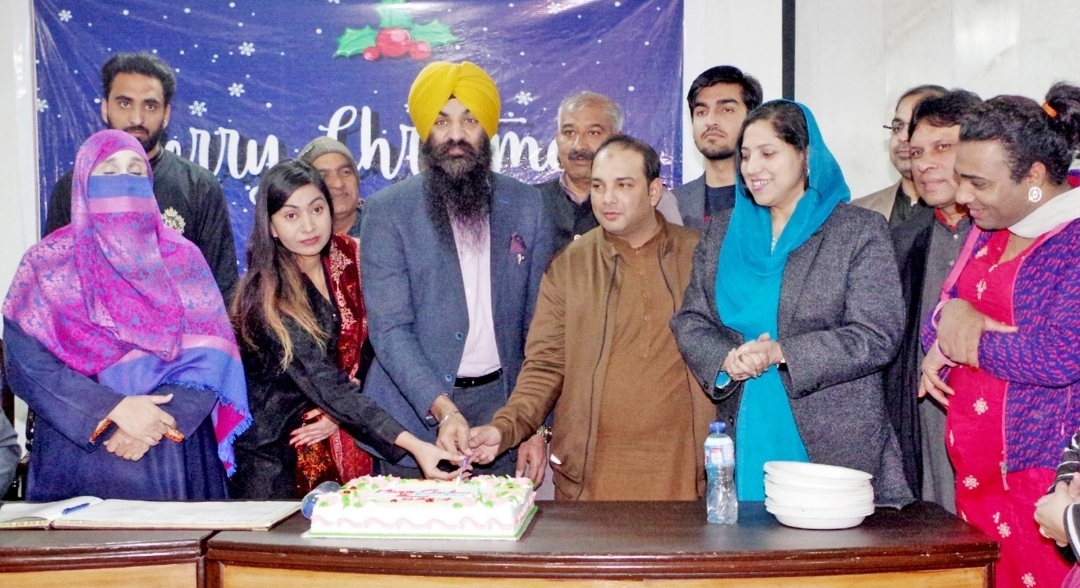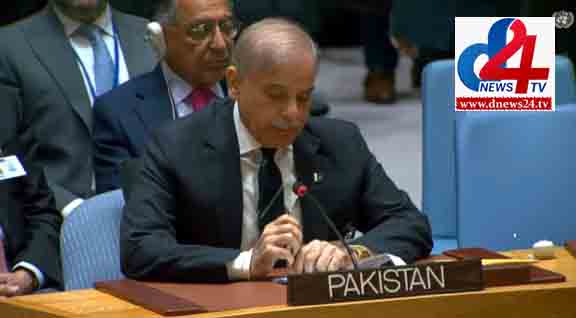
On the occasion of Universal Health Coverage Day, the Ministry of National Health Services, Regulations and Coordination (M/o NHSR&C) announced the latest UHC Service Coverage Index estimation results at national, provincial and district levels with the technical support provided by the UKs Foreign Commonwealth and Development Office (FCDO) and Evidence for Health (E4H) Programme. The UHC Service Coverage Index (SCI) has improved at the National level from a score of 40 in 2015 to 53.9 in 2023. While this is a commendable 35.8% increase since 2015, the annual rise of just 2.2% since 2022 highlights the need for accelerated efforts.
The Coordinator to Prime Minister on Health, Dr Malik Mukhtar Ahmad, today announced the latest UHC results for Pakistan and reaffirmed the Governments unwavering commitment to ensuring accessible, equitable, and quality healthcare for all citizens. Investing in UHC is not just about health; it is about building a fairer, more cohesive society where every citizen has access to quality healthcare services, said Dr Mukhtar. Today, as we mark Universal Health Coverage Day, we are reminded that everyone, everywhere, deserves access to the health services they need. Health is the foundation of our wellbeing, and it is essential for economic growth, social stability, and sustainable development.”
The results reveal mixed performance across the country. The Islamabad Capital Territory, at 63.9, has scored the highest out of all provinces and territories. Punjab follows with a score of 55.5, with Khyber Pakhtunkhwa at 51, Sindh at 50.7, and Balochistan at 38.4. Overall, 45 districts in Pakistan have a UHC SCI score below 40, while 39 districts fall within the 4049 range, and 57 districts score between 50 and 59. Only 11 districts in the country have achieved a UHC SCI score of 60 or higher, so far. This highlights the significant gap in progress towards Pakistans commitment to achieve the SDG target of a UHC SCI score of 80 or above by 2030.
The report also highlights district disparities in specific healthcare categories. Jhelum district in Punjab leads in Reproductive, Maternal, Newborn, and Child Health category with an aggregate score of 78.4, followed by Hunza and Lahore. For Infectious Diseases category, Peshawar is leading at 56.4 followed by Gilgit and Chitral, while other districts trail behind. For Non-communicable Diseases category, a data gap persists, underscoring the need for disaggregated data to guide future analysis. The service capacity and access category tells its own tale. Karachi South leads by a wide margin, followed by Islamabad and Lahore.
Secretary Health, Mr Nadeem Mahbub, M/o NHSR&C emphasised that through collaboration and determination, we are committed to advancing UHC, ensuring “Health for All” becomes a reality for a healthier and more prosperous Pakistan.




